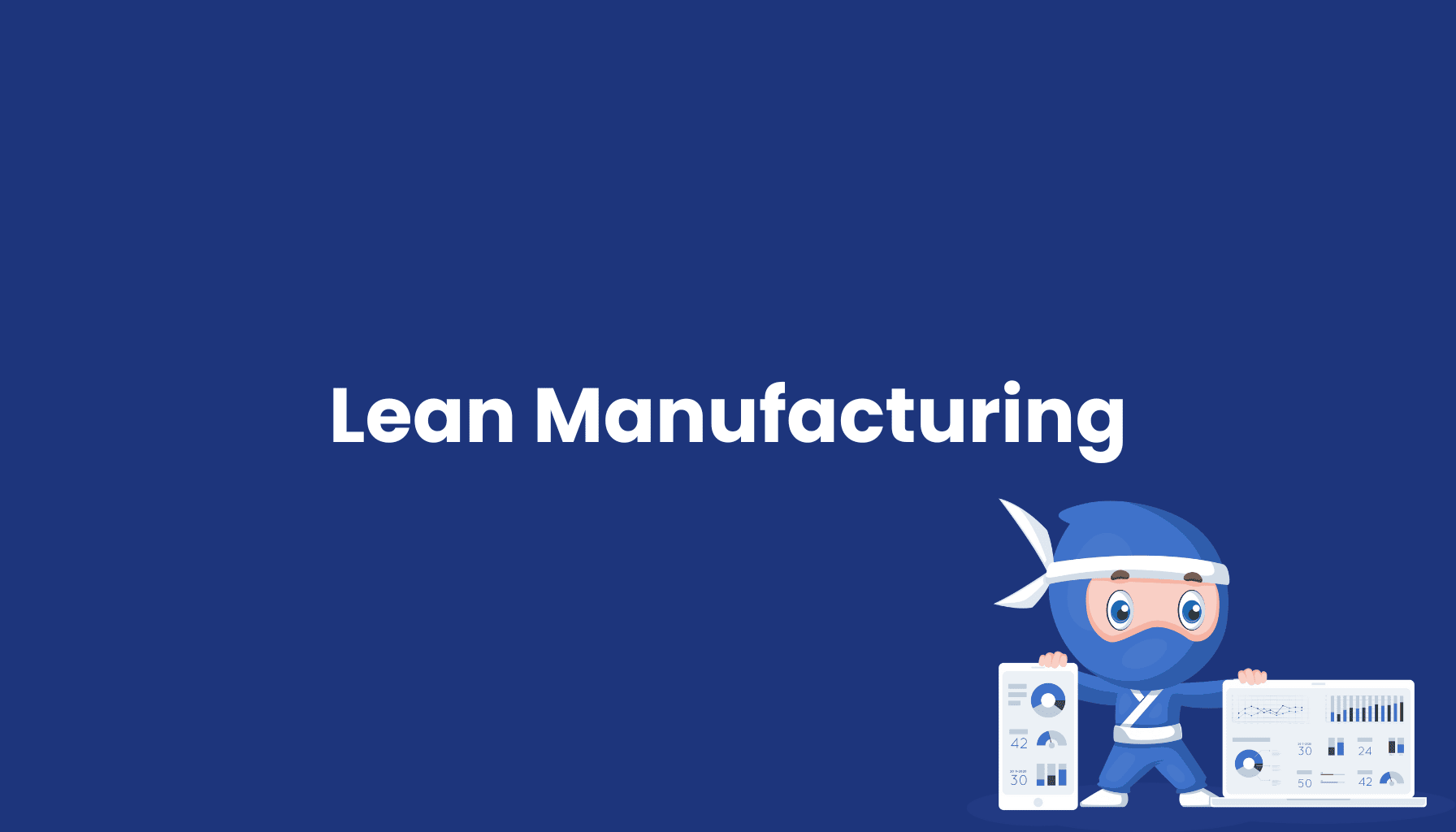Muda

What is Muda?
Muda is a key concept in Lean Management, originating from Japan, that refers to "waste" in production processes. It includes all activities that consume resources, such as time, money, or materials, without adding any value to the final product or service. The goal of Muda reduction is to identify and eliminate these inefficiencies to improve productivity and streamline operations.
The Seven Types of Muda
Muda is typically categorized into seven types of waste that are commonly found in manufacturing and service sectors:
- Overproduction: Producing more than is needed, which leads to excess inventory.
- Waiting: Time wasted when employees or machinery are idle due to delays.
- Transportation: Unnecessary movement of products or materials between processes.
- Overprocessing: Using more resources than necessary to accomplish a task.
- Inventory: Excess materials that tie up capital and space.
- Motion: Unnecessary movements by people or machines that don't add value.
- Defects: Errors in production that require rework or lead to scrap.
Muda Reduction: Driving Efficiency in Lean Management
In Lean Management, reducing Muda is essential to enhancing operational efficiency and maintaining high-quality standards. This process involves systematically identifying non-value-adding activities and eliminating them. Key approaches to Muda reduction include:
- Process Analysis: Evaluating each step in the production process to find areas of waste.
- Continuous Improvement (Kaizen): Making small, incremental changes to improve efficiency over time.
- Standardization: Implementing uniform processes to eliminate variability and reduce waste.
Benefits of Muda Reduction
Eliminating Muda offers numerous benefits to companies, particularly in the manufacturing sector:
- Cost Savings: Reducing waste directly leads to lower operational costs.
- Increased Productivity: Streamlined processes result in higher output and efficiency.
- Improved Quality: Lower defect rates and better product consistency.
- Enhanced Customer Satisfaction: Faster response times and improved product quality contribute to greater customer satisfaction.
Muda in the Manufacturing Industry
In manufacturing, addressing Muda is critical for achieving cost-effective and high-quality production. Advanced systems like MES (Manufacturing Execution Systems) help in real-time monitoring and data analysis, making it easier to detect and eliminate waste. By leveraging technology, companies can better manage material flow and instantly address non-value-adding activities, thus ensuring a more efficient production process.
Muda vs. Mura and Muri: The Lean Triad
Muda is one of the three elements that Lean Management targets for process optimization. The other two are Mura (inconsistencies) and Muri (overburden). While Mura focuses on reducing process variations and Muri addresses the strain on resources, Muda aims to cut out activities that don't add value. Together, these concepts provide a comprehensive framework for improving operational performance.
Conclusion: The Importance of Reducing Muda
Reducing Muda is vital for optimizing production processes and maintaining competitiveness in today's fast-paced market. By focusing on waste reduction, businesses can achieve greater efficiency, lower costs, and improved product quality. As a core principle of Lean Management, eliminating Muda supports long-term success and customer satisfaction.





